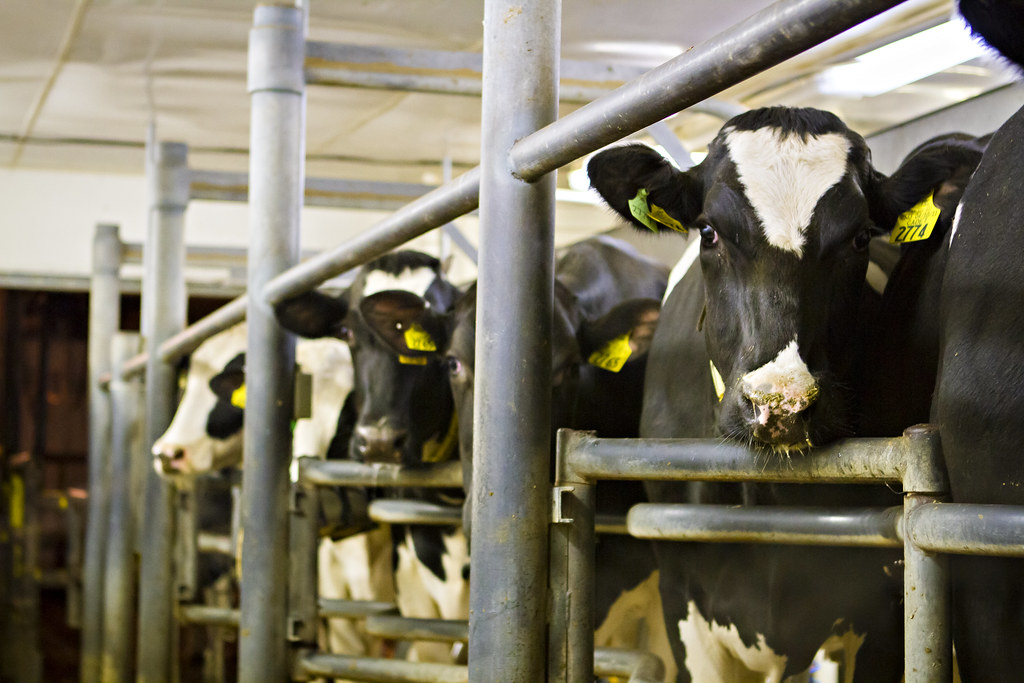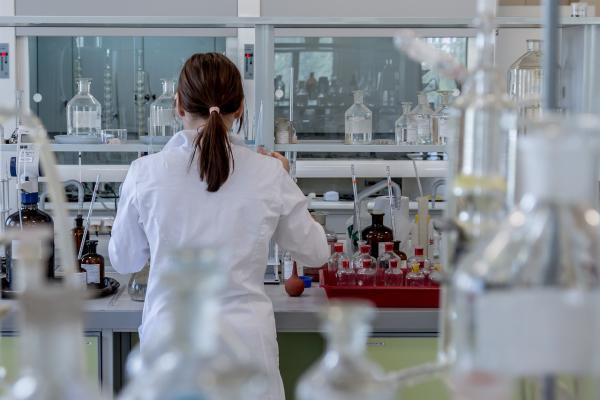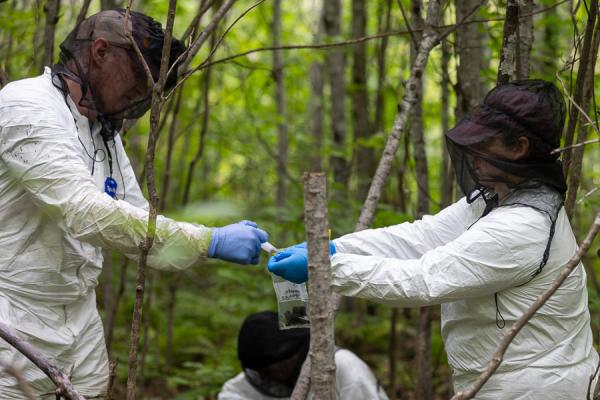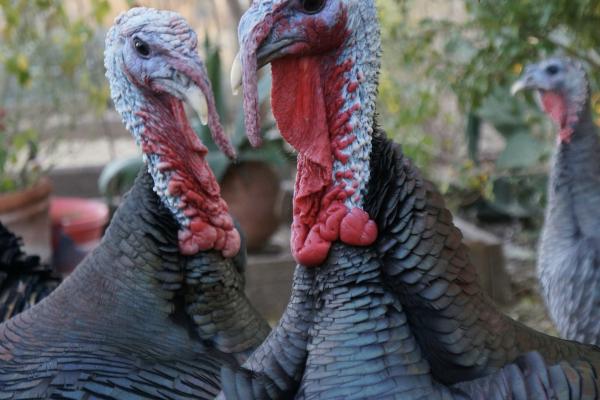Newly funded: To fight antimicrobial resistance, refining immunotherapy for dairy cow mastitis
August 20, 2021

Mastitis is a highly prevalent disease in the dairy industry and the main reason for antibiotic use on dairy farms.
Approximately 25 percent of all dairy cows in the United States are treated with antibiotics for at least one mastitis infection annually, with 93 percent of dairy cows receiving an intramammary infusion of long-acting antimicrobials independent of infection status.
There is increasing pressure on the industry to reduce antibiotic usage due to the global problem of antimicrobial resistance, and immunotherapeutics have emerged as an alternative to antibiotics for the prevention and control of mastitis.
Aiming to improve health and well-being and to increase dairy cattle productivity while also reducing antibiotic use by the industry, a team of researchers led by Luciano Caixeta, DVM, PhD, assistant professor in the Department of Veterinary Population Medicine at the University of Minnesota College of Veterinary Medicine, recently received $500,000 from the United States Department of Agriculture—National Institute of Food and Agriculture to refine immune-based solutions to prevent or treat mammary infections in dairy cattle.
Using MucosImmune, a novel mucosal immunotherapeutic, Caixeta and his team hope to boost the innate immune system response during the dry period and early lactation of dairy cattle. They hope this will also improve resistance to bacterial infection in the mammary gland.
Collecting milk samples from a control group and a group of cows challenged with common mastitis-causing bacteria, the team will look for cellular evidence of immune response to see if immunotherapeutic agents—instead of antibiotics—can help to prevent mastitis and reduce the need for antibiotics.
The three-year project began in July and will conclude in June of 2024.


